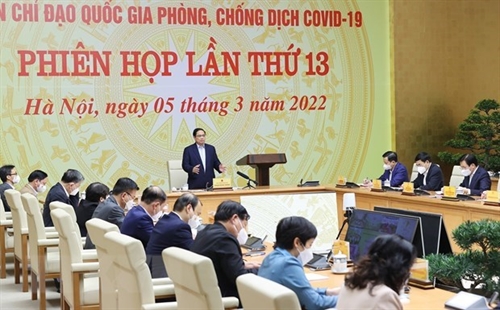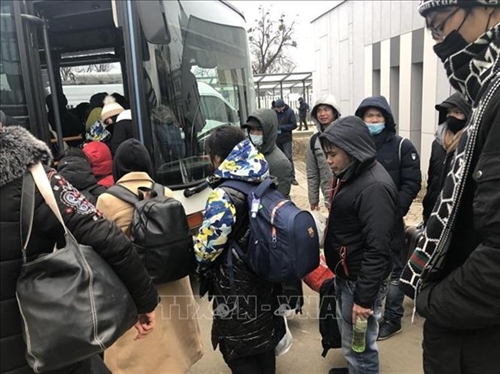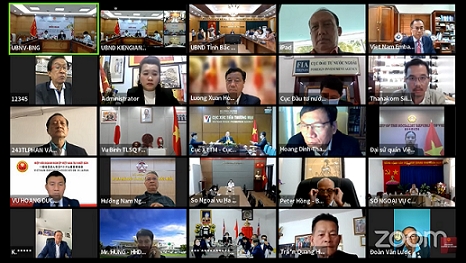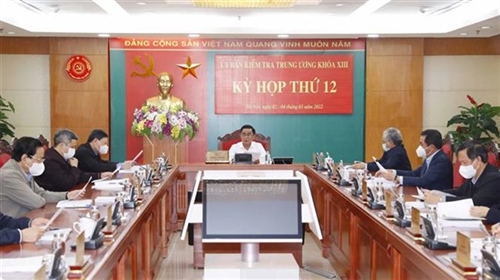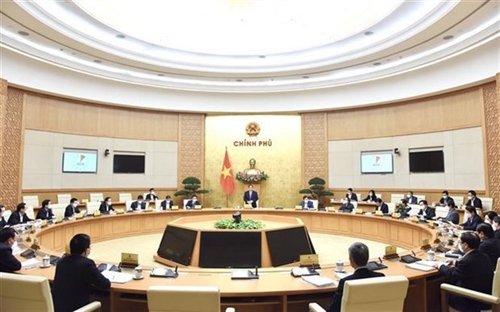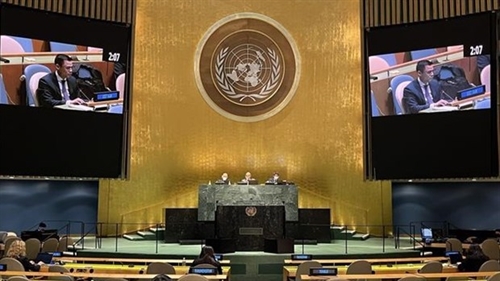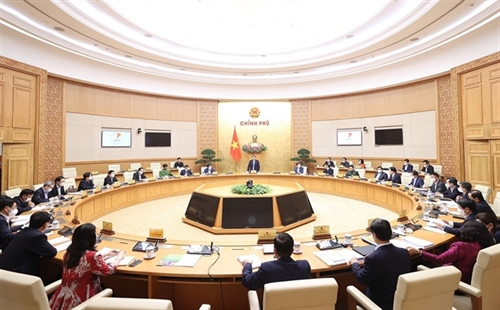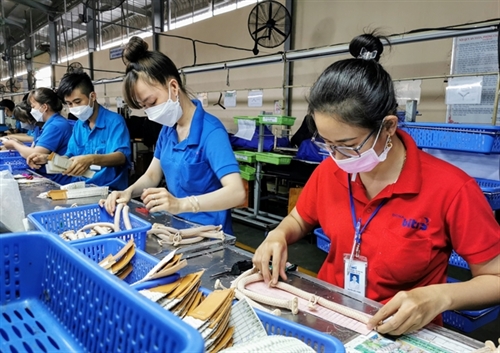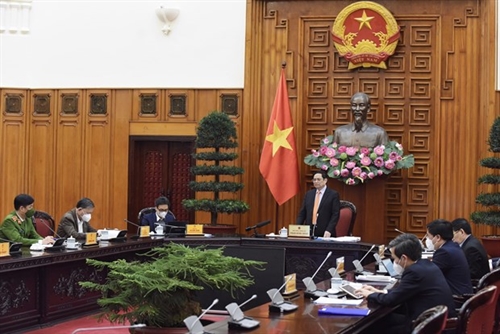Prime Minister Pham Minh Chinh on March 6 stressed the need for Mekong Delta provinces and centrally-run cities to create breakthrough changes in the mindset and have a strategic vision in agricultural development.
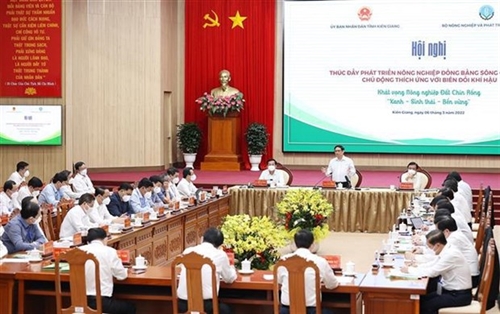 |
| Prime Minister Pham Minh Chinh speaks at the conference__Photo: VNA |
The Government leader made the request at a conference on agricultural development in the Mekong Delta held in Kien Giang province by the Ministry Agriculture and Rural Development (MARD) and the People’s Committees of 13 and provinces and centrally-run cities in the region.
Stressing the Mekong Delta’s significant role in politics, economy, social affairs, national defense-security and trade with ASEAN member countries and the Mekong sub-region, PM Chinh emphasized that the Party and State have paid due attention to the region's development.
As the country’s biggest agricultural production center, the Mekong Delta has helped to ensure national food security and exports, and creates jobs for 65 percent of local residents.
The region contributes 31.37 percent of the national agriculture sector’s gross domestic product (GDP), produces half of the country’s rice, 65 percent of aquatic products and 70 percent of fruits, and makes up 95 percent of the nation’s rice exports and 60 percent of fish exports.
The PM, however, pointed out that the Mekong Delta has yet to fully tap its potential, mainly due to limitations in the mindset, along with impacts of climate change, sea-level rise, and the use of the Mekong River’s water by upstream countries.
Given this, the region should seek ways to develop an agricultural sector adaptive to climate change, and combine it with industry and services, he noted.
He suggested Mekong Delta make the best use of its advantages in workforce, natural resources and historical and cultural traditions, while creating breakthroughs from external resources like capital, administration and technologies.
It should diversify the financial sources, step up the public-private partnership and utilize all resources, with public investment as the main driver, the leader continued.
He ordered boosting infrastructure development, stepping up vocational training, pouring more investment in science, technology, innovation and startup, and building brand names for the region.
Apart from the support of ministries and agencies, all-level Party Committees and authorities, people, businesses and localities should play an active part in this regard, PM Chinh stressed.
At the conference, the PM witnessed the signing of a coordination program between the MARD and localities in the Mekong Delta.
According to a report presented at the event, the regional agriculture sector’s GDP is expected to grow over 3 percent by 2025, and per capita income in rural areas is set to at least double 2018’s figure.
Meanwhile, the number of laborers working in agriculture is projected to drop to below 30 percent, and more than 30 percent of farmers will receive agricultural training.- (VNA/VLLF)
